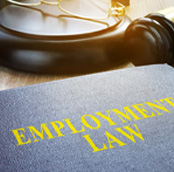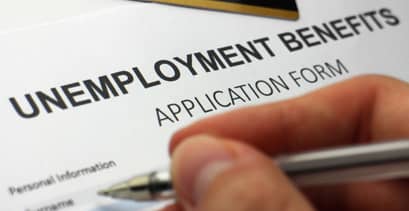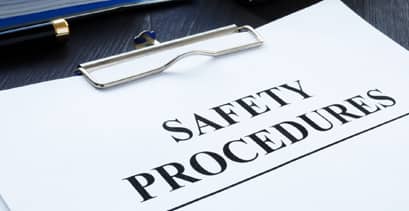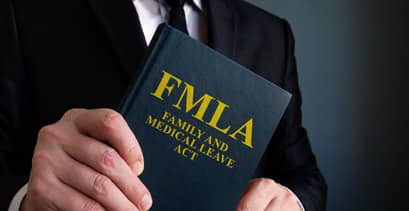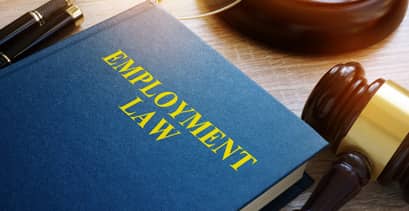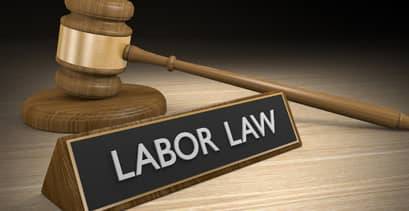Employment Law Center
 Your job is more than just a way to pay your bills. If you are like many of us, your job is a means for you to provide for your family and is where you spend most of your time when you are not at home. So, it is important that your job not become a place that you fear to go, either because of concerns about your safety, harassment, or unfair treatment. One of the best ways to protect your rights is by learning as much as you can about the laws and procedures governing the workplace.
Your job is more than just a way to pay your bills. If you are like many of us, your job is a means for you to provide for your family and is where you spend most of your time when you are not at home. So, it is important that your job not become a place that you fear to go, either because of concerns about your safety, harassment, or unfair treatment. One of the best ways to protect your rights is by learning as much as you can about the laws and procedures governing the workplace.
GetLegal.com’s Employment Law Center addresses the legal issues that could potentially arise at work, from hiring to termination or discharge. We have included overviews of key labor laws protecting workers, as well as information on pensions, minimum wages, unemployment, workers’ compensation, and workplace safety.
Connect with Top-rated Attorneys Near You
Sponsored Advertisement
Employment Law Basics
Latest Article
Collective Bargaining in Employment Matters
Its Benefits and Why Some Corporations Try to Prevent It In our work, most of us look for something that rewards our ef... Read More
Who Benefits Most from Workplace Safety Regulations?
Do Workplace Safety Measures Protect Workers or Benefit Employers? According to the Bureau of Labor Statistics, nearly ... Read More
The Five Most Common Types of Workplace Discrimination
Wrongful Conduct That Can Be the Basis of a Legal Claim For most of us, work takes up nearly half of our waking life. W... Read More
Find Employment Law Attorneys in Your Area
GETLEGAL®ATTORNEY DIRECTORY
Find Leading Attorneys in Your Area
NEED PROFESSIONAL HELP?
Talk to an Attorney
How It Works
- Briefly tell us about your case
- Provide your contact information
- Choose attorneys to contact you


